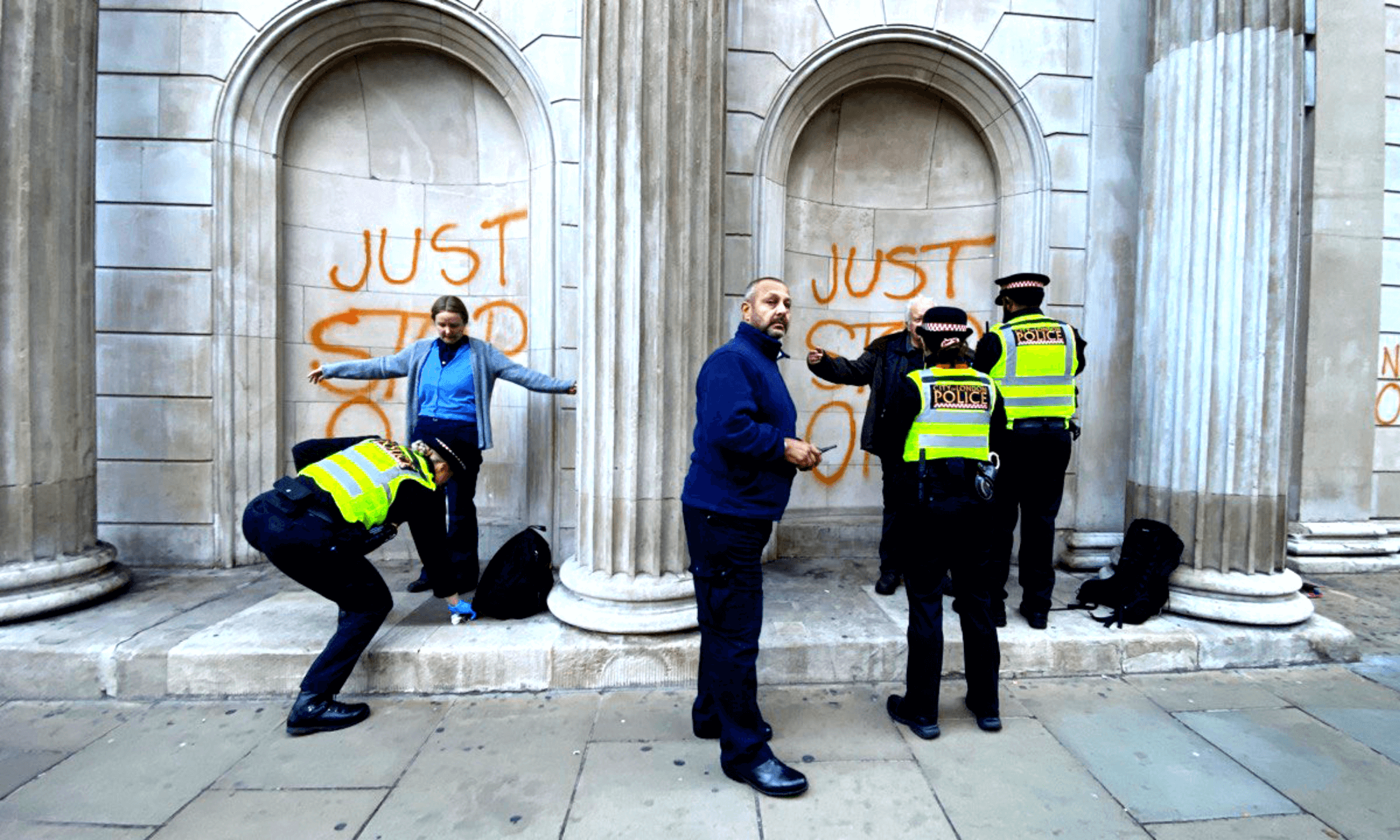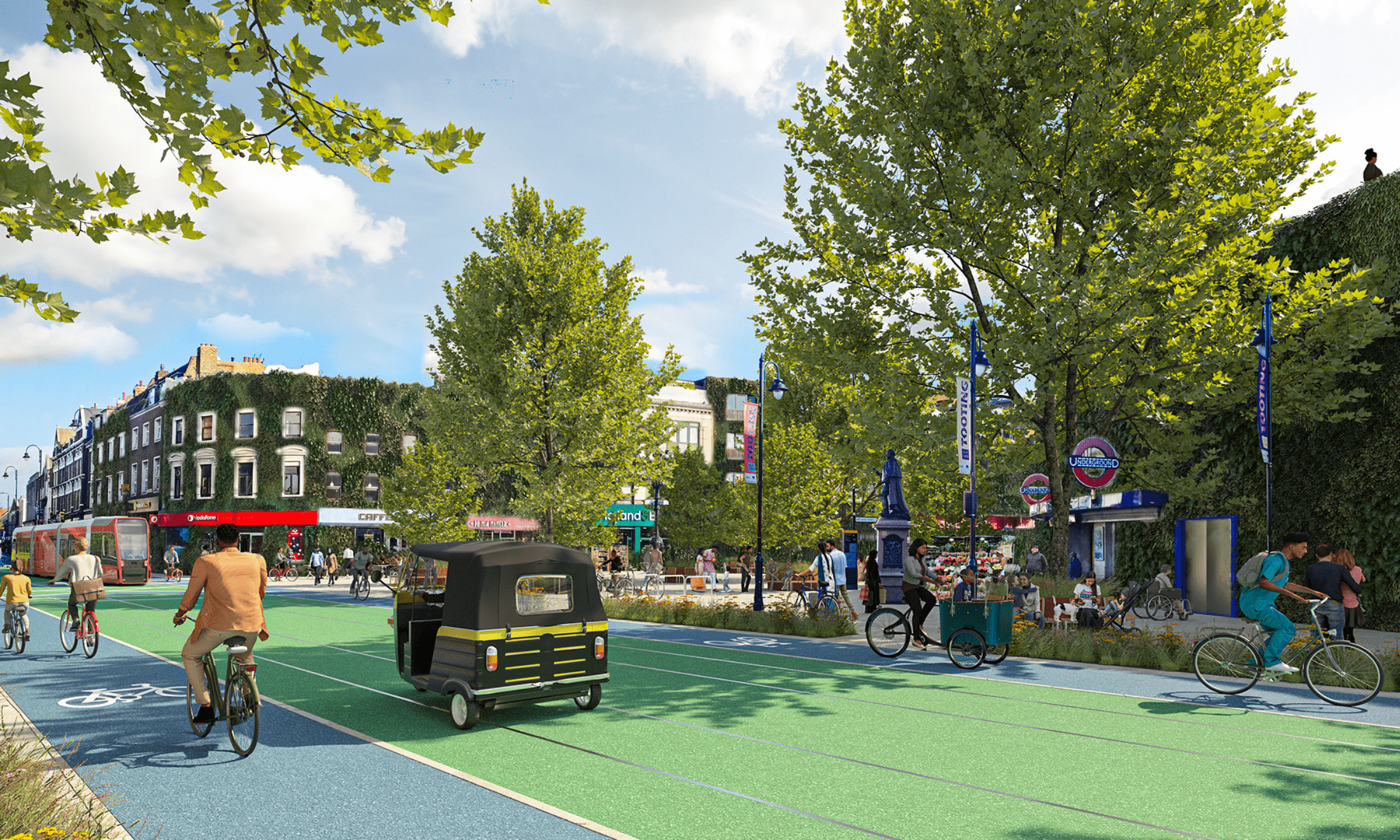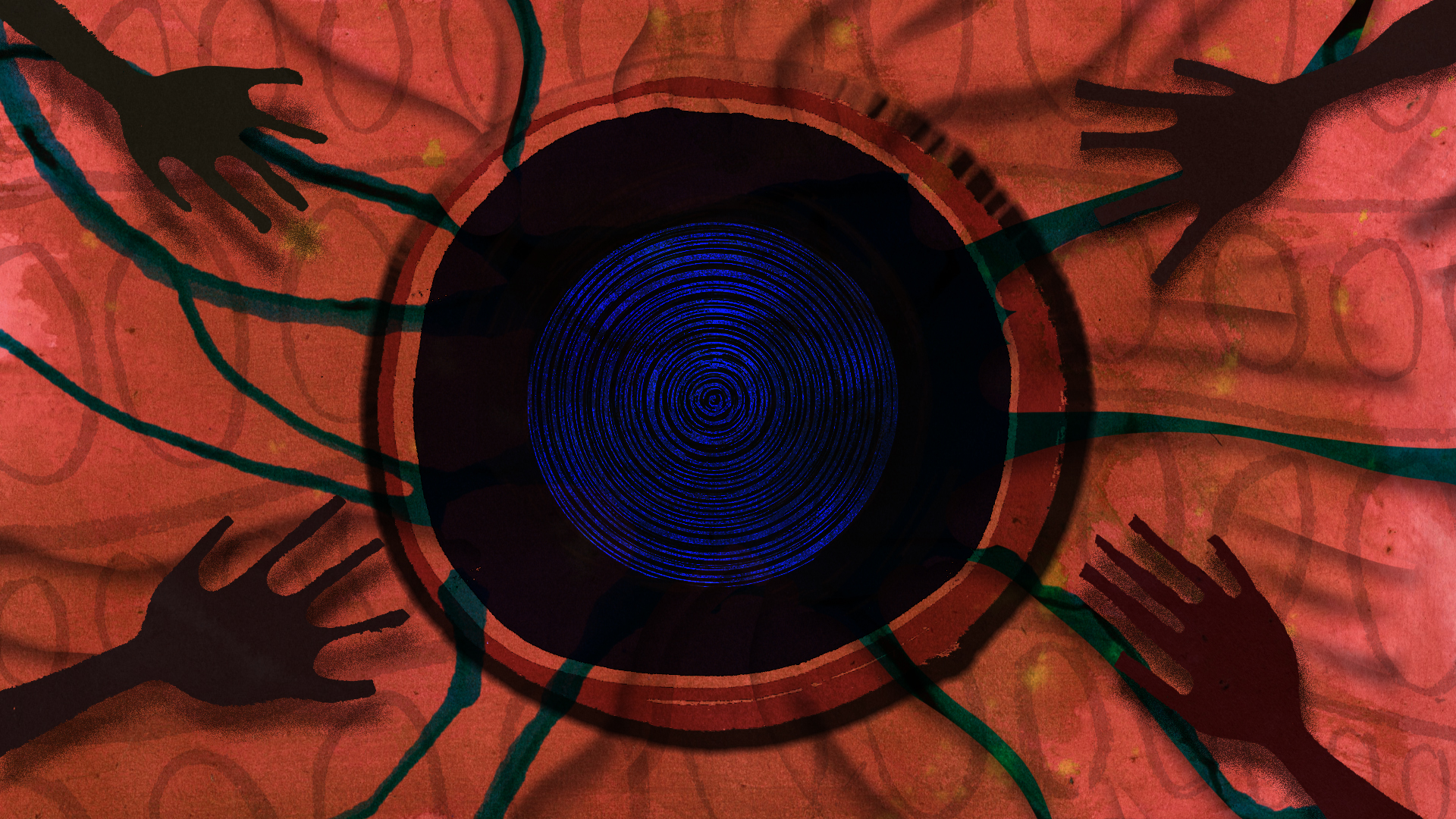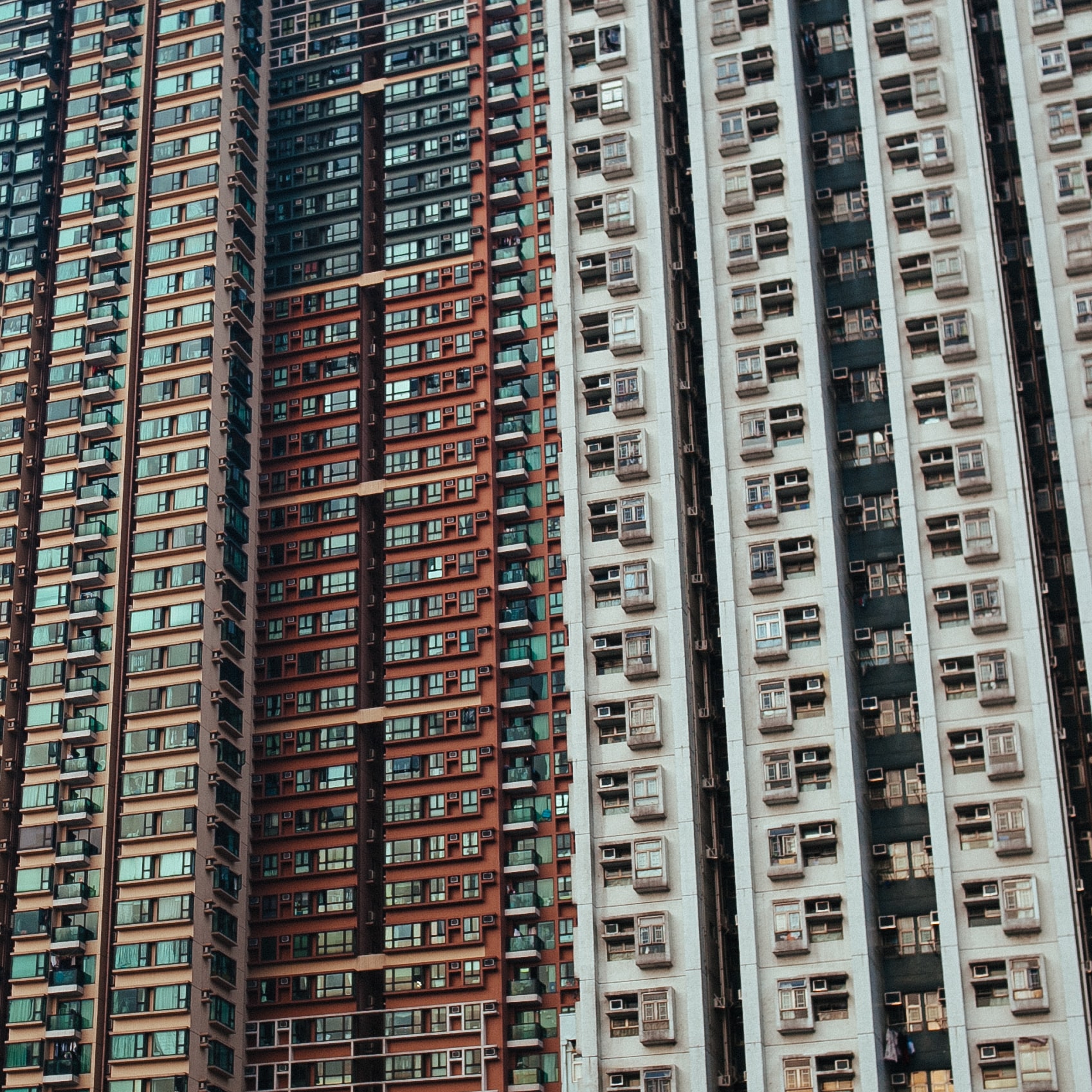The longer we wait for a perfect climate protest, the quicker we’ll cook the planet
Just Stop Oil have recently escalated their actions, sparking criticism. But disruption is the point.
Paola Valentina and Editors
11 Nov 2022

Just Stop Oil
As Hot Strike Summer simmers into a much more dangerous winter, flames continue to be the story-telling thread of our time. Not long ago, wildfires thrived on our train tracks. Now, neighbours burn energy bills in public squares. To be more abstract, it is fire I hear in activists’ voices pleading the government for mercy; what I see in the eyes of those engaging desperately in disruptions to save our planetary home. From roadblocks to bridge occupations, non-violent direct action (NVDA) seems to be the weapon of choice against the institutions codifying deep inequalities in our communities.
As a Venezuelan national, I stand in awe of these disruptions. In my country, protesting rights have been stripped to raw bone. Protests in 2017 displayed the frequency by which disappearances, imprisonment, or gunshots meet opposition protests; not necessarily in that order, and without guaranteed recourse to justice. But in the UK, protesters’ rights are quickly crumbling: which is why it’s so vital to resist social injustices now, that is, before we can’t. Perhaps that’s why recent polls have shown significant UK public support for NVDA.
If this support exists, then, why is there an infinite-scroll of critiques of climate protests populating my social media feeds? This is a question that, to me, begs another: why are people waiting for a perfect climate saviour as the Earth cooks at an unprecedented rate?
“It’s so vital to resist social injustices now, that is, before we can’t“
Just Stop Oil’s soup action left a bitter taste in many mouths: even a former Extinction Rebellion spokesperson feared it would alienate sympathisers. The flurry of critiques came swiftly: some called it vandalism, others cried desecration of art (unaware that the artwork was protected by glass), others pointed to the ‘food waste’, some even remarked on the protesters’ usage of petroleum-derived hair dye. The fault-finding was endless, with cyberpundits identifying ‘hypocrisy’ in every aspect of the action and its actors.
More recently, JSO activists have escalated their actions, going further than spray painting luxury stores and government buildings. On 7 November, a blockade of the M25 motorway resulted in several arrests, which included that of journalists documenting the demonstration. A road collision during the motorway block fuelled further anti-activist fury, although it wasn’t JSO behind the lorries’ steering wheels, and, as per the M25 website itself, as “one of the busiest roads in Europe […] it is not uncommon for an accident” to occur.
“In this world, casting the first stone when it comes to climate protest is near impossible”
In this world, casting the first stone when it comes to climate protest is near impossible – the choice to divest from the fossil fuel economy has been made impossible by those it benefits. The same could be said about objections to the government’s approval for oil and gas exploration licences that are both efficient and polite – they simply will not go far enough, quickly enough. Faced with a government leisurely overseeing climate genocide alongside the active culling of press freedoms and the right to show dissent, activist organisations are fighting a battle on many fronts. The decision to put their own bodies on the line, faced with this Goliath, is logical.
So, does it matter that a painting could have been ruined? That defiant individuals have pink hair? That the choice of protest is to throw soup or occupy highways? Should we paralyse the climate movement because the messaging of some actions are confusing? No, no, no and no. Waiting for a perfect saviour will expedite our ruin. The climate crisis has set entire livelihoods ablaze, and the liberty to leisurely stroll through a museum or use roads for transport will be lost forever when our isles become imminently uninhabitable.
“Waiting for a perfect saviour will expedite our ruin”
Our governments, powerful lobbyists and mainstream media outlets continue to entrench within us that there is always a cause more urgent, a time more appropriate. They have created a breeding ground for horizontal resentment, thwarting the ability to hold those with more power accountable for their role in fast-tracking us to armageddon. Allocating resources towards nitpicking strategies sets a darker precedent. It reifies fictions of human and intraspecies independence, that we can prolong a deadline to “turn things around”: barking abuse at climate activists achieves just that. There’s a reason why even those wishing JSO well gloss over other groups when critiquing the climate movement (or apparent lack of). Green New Deal Rising, for example, has secured wins towards a transformative green future, challenges high-profile politicians and differs from JSO’s NVDA approach.
Activist organisations, taking inspiration from queer, Black and Indigenous histories, are not stupid. ‘Off-putting actions’ put them in the spotlight. They don’t think soup changes politics. They do know, however, how to get on your screen and in front of your face. Just Stop Oil has been interviewed more than ever before, its activists invited on talk shows to explain the urgency of their message. With newfound clout, more avid spectators will tune in to the course of JSO’s ultimatum to the government, which they published in early November, and included a threat of further escalated action if the government did not stop issuing out new oil and gas licences.
“They don’t think soup changes politics. They do know, however, how to get on your screen and in front of your face”
Opponents to NVDA don’t seem to be guided by an understanding of the interconnectedness of every organism, non-human and human, nor the living pockets of Earth that carry their existence. To think our Earth is several regions thrown together by tectonic chance and our communities are functional blocks on a street is a dangerous thing. Even if a country is landlocked, for example, without healthy oceans the world’s main oxygen supply will be cut. Everywhere. So-called ‘nonsensical’ actions are warranted because the material fabric of life is vanishing. As Vanessa Nakate said, when asked how extreme climate actions should go, “how extreme should environmental destruction go?”
Those in the Global North who have not yet endured significant material loss, like displacement, due to the crisis often see themselves as distant from the calamity, and this world with extreme anthropocentrism. They will not act until the flames reach their own house. It is these people who say some actions ‘turn people off’ real climate issues, as if one disruption spoils the whole of the climate movement’s aims or merits disciplinary shunning from the public. This reaction often overlaps with a mental framework that positions our ecology as already ‘dead’ – neutral, passive, without interests or will.
“Those in the Global North who have not yet endured significant material loss, like displacement, due to the crisis often see themselves as distant from the calamity”
Those with this view won’t be moved to action by Amazon destruction, abnormal German floods nor pollution-driven deaths in the South East of London. They will forget about walking through heatwave-scorched parks and rejoice at warmer winters. In their eyes, who wants to salvage something already deemed lost? And who would channel good effort into an unpolished struggle?
The issue isn’t poorly thought-out climate actions. Rather, it’s the abyssal cognitive dissonance in our understanding of the climate crisis. The adversary is not an eco-zealot activist, but it is the sophisticated institutions that have got us here, pitting the human victims of Earth’s decay against one another. Thus, it is us and our communities, in their glorious imperfections, that must rise above apathy and act. No one else is coming to save us.
The contribution of our members is crucial. Their support enables us to be proudly independent, challenge the whitewashed media landscape and most importantly, platform the work of marginalised communities. To continue this mission, we need to grow gal-dem to 6,000 members – and we can only do this with your support.
As a member you will enjoy exclusive access to our gal-dem Discord channel and Culture Club, live chats with our editors, skill shares, discounts, events, newsletters and more! Support our community and become a member today from as little as £4.99 a month.

Britain’s policing was built on racism. Abolition is unavoidable

How Pakistan’s Khwaja Sira and transgender communities are fearing and fighting for their futures

Their anti-rape performance went viral globally. Now what?






